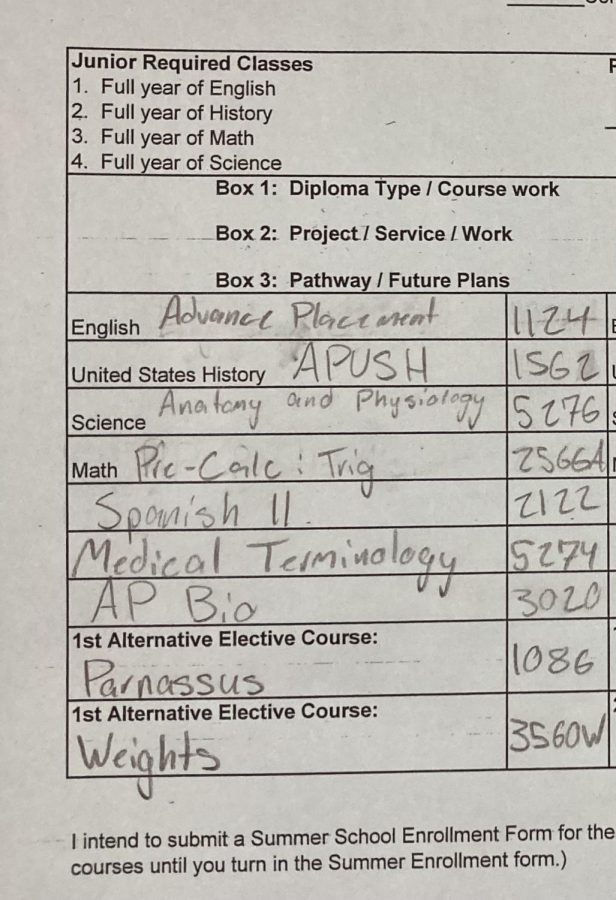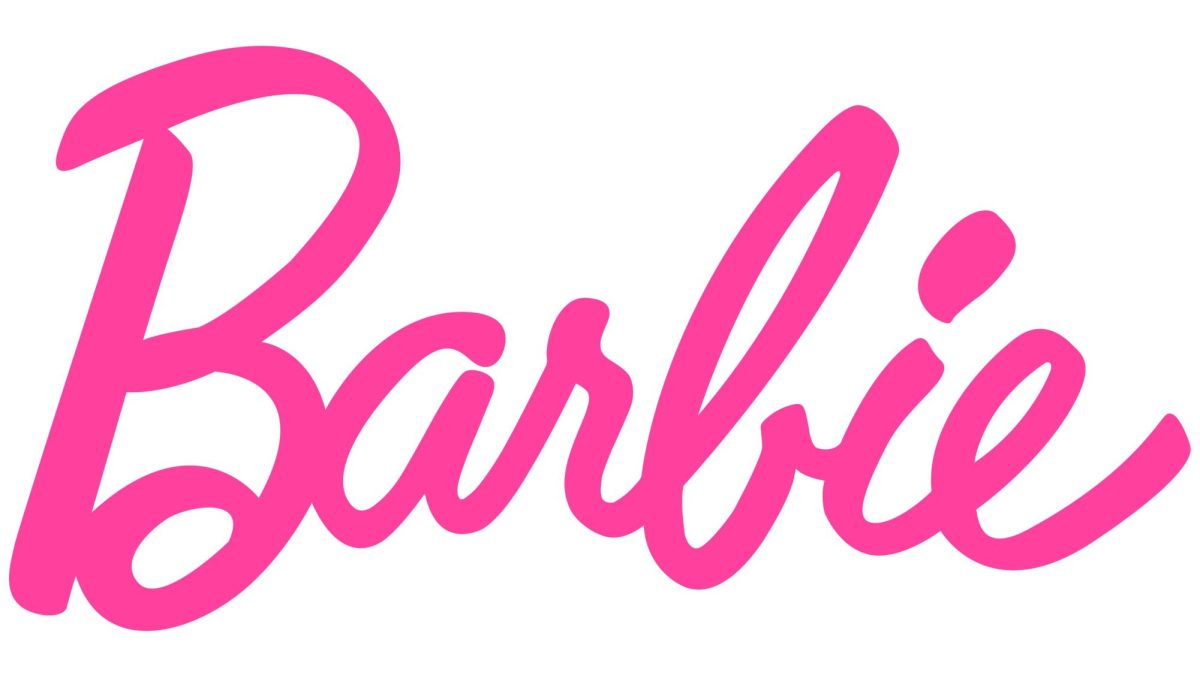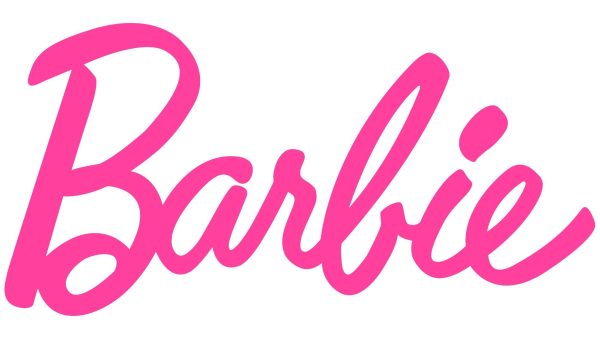Six tips to writing a scholarship essay
Well, it’s that time of year again. The stress in the school is palpable as everyone rushes to turn in assignments, resumes, recommendations, essays, and applications for college, classes, and scholarships. There must be a way to rectify this situation and ease the minds of the frazzled students, desperate to complete their college applications as quickly, efficiently, and immaculately as possible. Well, if you’re looking for a god-sent epiphany to help you through this arduous time, this is not the place. Yet, as the impending deadlines loom over all seniors alike, here are some tips to writing a well thought out essay for your scholarship or college applications:
- Choose a topic you like, or at least care about. Yes, some application essays require you to write about only one thing specifically, but the prompts are usually fairly general. When choosing essay topics, make sure you can write a long winded paper about why that specific thing matters. If you don’t have good enough reasons to write about it, scrap the idea. Sometimes it’s best to scrap the first idea you come up with, so you can think of a more unique topic to make you stand out.
- Start out with a clear and strong introduction. The days of boring thesis sentences are long gone. We’re almost adults now, so we need to start writing like we can formulate our own thoughts instead of changing the prompt into a question and ending the introduction with, “I’ll be evaluating…” or “I’m writing about….” Let’s leave this tendency back in middle school. Directly make your point, and do so in a personal manner. Your first sentence should stick out in the minds of your assessors. You want them to remember you and your application, so try to think of something unique that pertains to your essay topic.
- Focus on the prompt! I cannot emphasize this enough. Don’t stray away from the main prompt and end up talking about your Aunt Amanda’s dead cat from 2007. You should always try to formulate a plan for your writing before you begin. If you don’t want to do that, at least have a general idea of what you’re planning on saying. It makes your point more effective and turns a bunch of paragraphs into a cohesive whole.
- Show emotions, but have a strong overarching message. It’s good to be vulnerable in your essay, because it shows the application committee a piece of who you truly are. They want to get to know you just as much as you want a free ride to college, so spill every last detail (as long as you’re okay on the word count) and share how you really feel. Just make sure you have a strong message to tie your whole writing into a neat little bow. The reviewers like it when you keep the message positive and uplifting. When you’re telling a sad story, try to put a positive spin on the end (ex: what you learned from it or how you overcame it).
- Revise, revise, revise. This is probably one of the most important steps. As you’re racing to finish all of your essays on time, there are bound to be a few spelling errors here and there or some grammatical misdemeanors. Don’t forget to allot some time to polishing and fixing your essay. It may even be a good idea to get a second pair of eyes to glance over it, and see if it could use some tweaking. It’s never bad to ask for help.
- You should reduce your effort, reuse the essay, and recycle the idea. If you have to write a bunch of essays, you should try to tailor your beginning essay to accommodate other prompts. Of course, don’t stretch it to make it fit, but don’t overwork yourself either. Be smart and try to fit one essay into two or three categories. It will save you a lot of stress and time in the long run.
Filling out all of these applications can be stressful when you’re trying to juggle so many things at once. Sometimes all you can do is take a deep breath and work through it. Hopefully these tips will help you worry a little less about your college/scholarship essays so you can ship them off with confidence and ease.

Elizabeth is excited to be a returning for her second year of Parnassus. She is a senior at Delphi Community High School. She loves walking her dogs, watching...
























